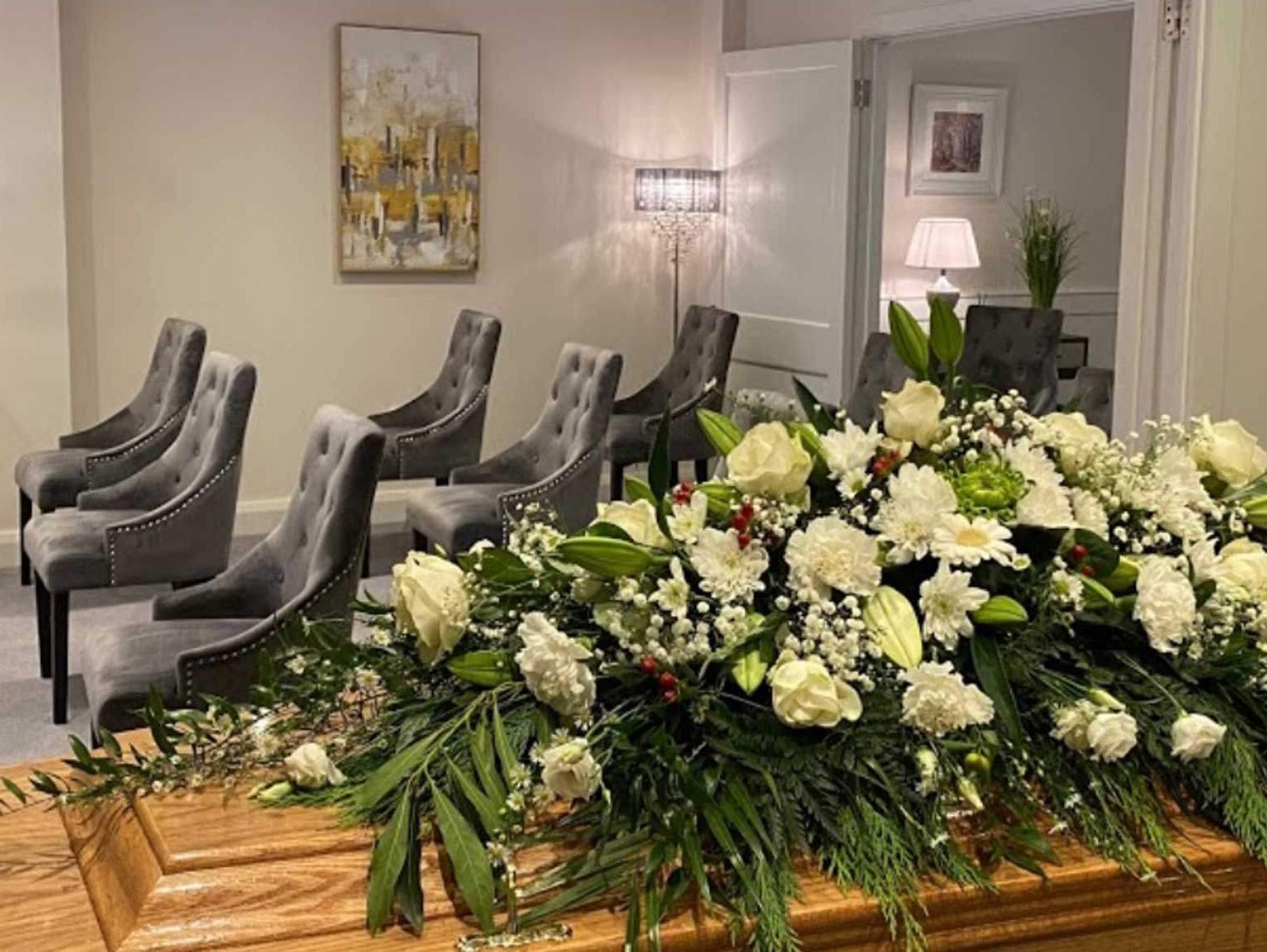
06/03/2023 0 Comments
Civil Funeral: You’re Questions Answered
In the past few years, Civil funerals have become more and more common in Ireland.
However, despite their growth in popularity, people still have questions about the details of a civil funeral. This is, of course, completely understandable. After all, a civil funeral can be a new experience for many. As one of Wicklow and Dublin's most established civil funerals providers, we often get questions on the specifics of these funeral types. As such, we have added some of the most common questions we get asked below and included comprehensive questions.
What is a civil funeral?
A civil funeral is a non-religious funeral dedicated to celebrating the deceased individual's life rather than religious or spiritual beliefs. It is usually conducted by a civil celebrant trained to design and deliver a ceremony tailored to the specific wishes of the family and loved ones of the deceased.
Civil funerals are becoming increasingly popular as more people choose a personalised and secular funeral that reflects their beliefs and values. The ceremony may include music, readings, eulogies, and other elements that honour the life and achievements of the deceased individual.
Civil funerals can occur at various venues, including crematoriums, cemeteries, or other locations that are special to the family or the deceased individual. They offer a meaningful way for people to say goodbye to their loved ones and celebrate their life in a way that feels authentic and meaningful to them.
Who officiates a civil funeral?
A civil funeral is typically officiated by a civil celebrant trained and accredited to conduct non-religious funeral ceremonies. Civil celebrants are often independent professionals who work closely with the family and loved ones of the deceased individual to design and deliver a personalised and meaningful ceremony.
Civil celebrants are trained to be sensitive to the needs and beliefs of people from all backgrounds, and they work closely with families to understand their wishes and preferences for the funeral ceremony. They are skilled at crafting and delivering ceremonies that incorporate elements such as music, readings, eulogies, and other personal touches that help celebrate the deceased individual's life.
In some cases, the deceased's family members or friends may also participate in the ceremony by delivering a eulogy or reading or by sharing memories or stories about the person's life. The civil celebrant will work with these individuals to ensure that their contributions are appropriate and respectful within the overall context of the ceremony.
Are civil funerals popular in Ireland?
Civil funerals are becoming increasingly popular in Ireland as more people choose non-religious funeral ceremonies that reflect their beliefs and values. While traditional religious funerals are still the most common type of funeral in Ireland, there has been a growing trend towards civil funerals in recent years.
Civil funerals are particularly popular among people who identify as non-religious or who have a secular worldview. They offer a meaningful way for people to celebrate the life of their loved ones in a way that is personal, unique, and reflective of their beliefs and values.
In Ireland, civil funerals are conducted by trained and accredited civil celebrants who work closely with the deceased's family and loved ones to create a personalised and meaningful ceremony. Civil celebrants in Ireland are regulated by the Humanist Association of Ireland, ensuring they meet specific standards and adhere to a code of ethics.
Overall, civil funerals are becoming a more widely recognised and accepted option for people in Ireland seeking a non-religious alternative to traditional religious funeral ceremonies.
In Ireland, what elements make up a civil funeral?
In Ireland, civil funerals are non-religious ceremonies designed to celebrate the deceased individual's life in a way that is personalised and reflective of their beliefs and values. While the exact elements of a civil funeral may vary depending on the wishes of the family and loved ones of the deceased, some common elements often include:
Opening and welcome: The ceremony typically begins with an opening statement or welcome from the civil celebrant, who may acknowledge the presence of the family and loved ones and express condolences for their loss.
Tribute to the deceased: The ceremony may include a tribute to the deceased individual, which may be a eulogy, a reading, or a poem. This tribute may be delivered by the civil celebrant or by a family member or friend of the deceased.
Reflection and remembrance: The ceremony may include a moment of reflection or remembrance, which allows the family and loved ones of the deceased to remember and honour the person's life in their way. This may include a period of silence, the lighting of candles, or the playing of music.
Closing remarks: The ceremony typically concludes with closing remarks from the civil celebrant, who may express gratitude to the family and loved ones for allowing them to be part of the ceremony and offer final words of comfort and support.
Overall, the elements of a civil funeral in Ireland are designed to create a personalised and meaningful tribute to the deceased individual's life while respecting the beliefs and values of their family and loved ones.
If you would like to discuss the specifics of a civil funeral with our funeral director, please get in touch with us today.

Comments
Leave a comment